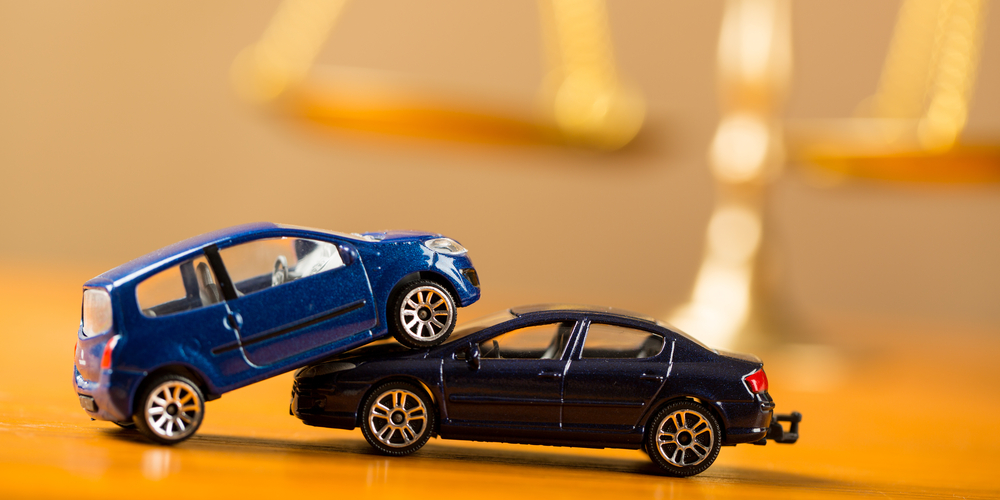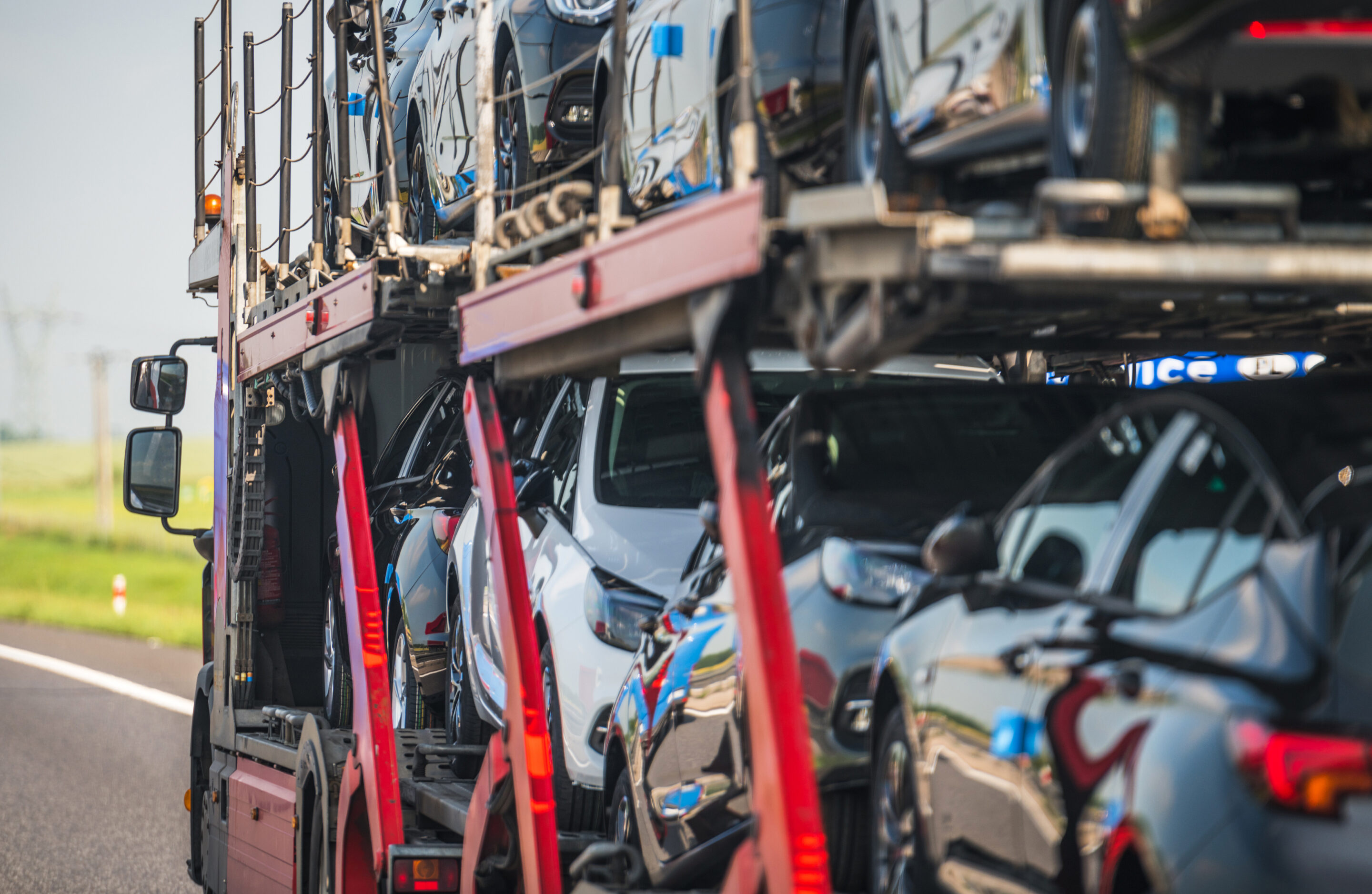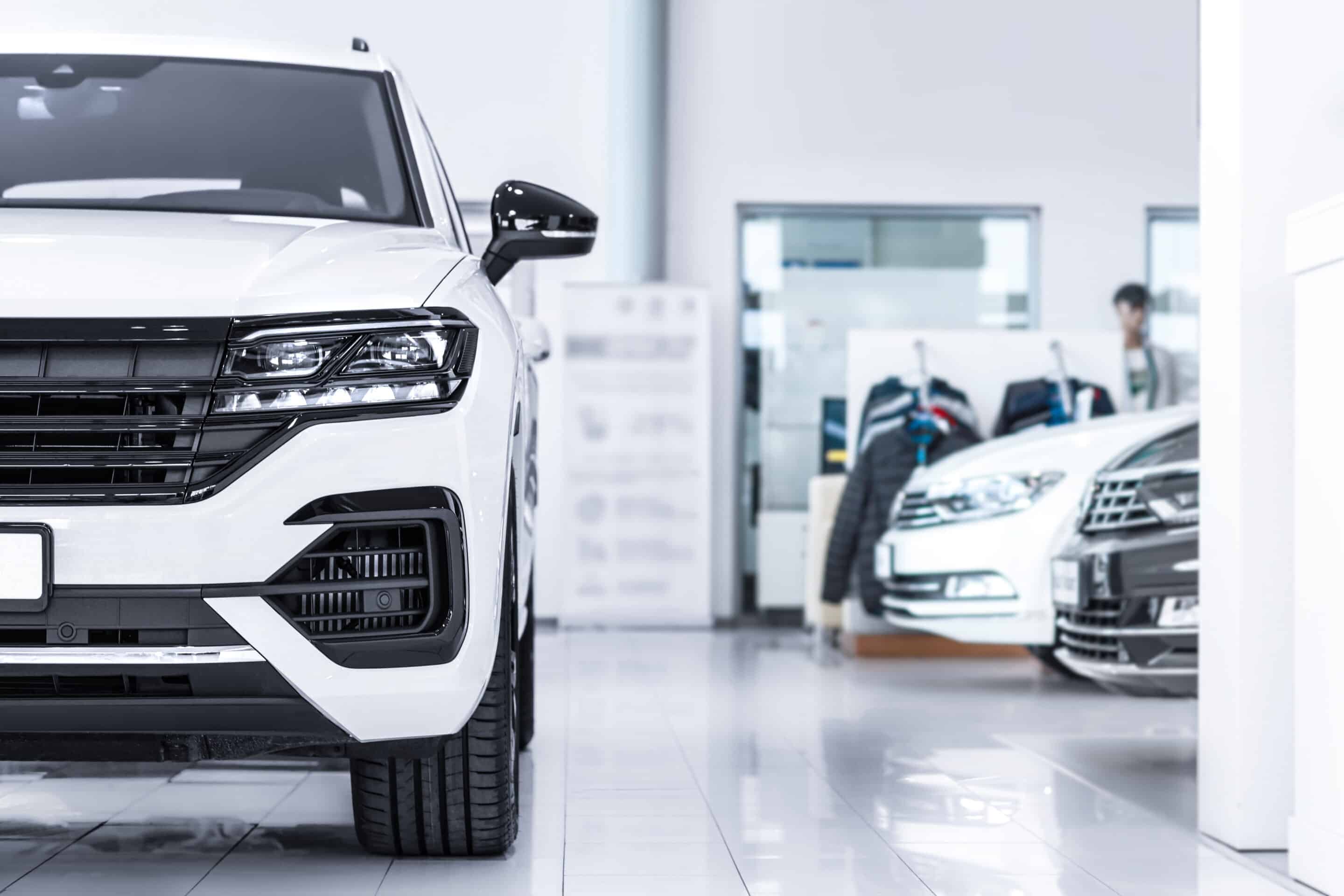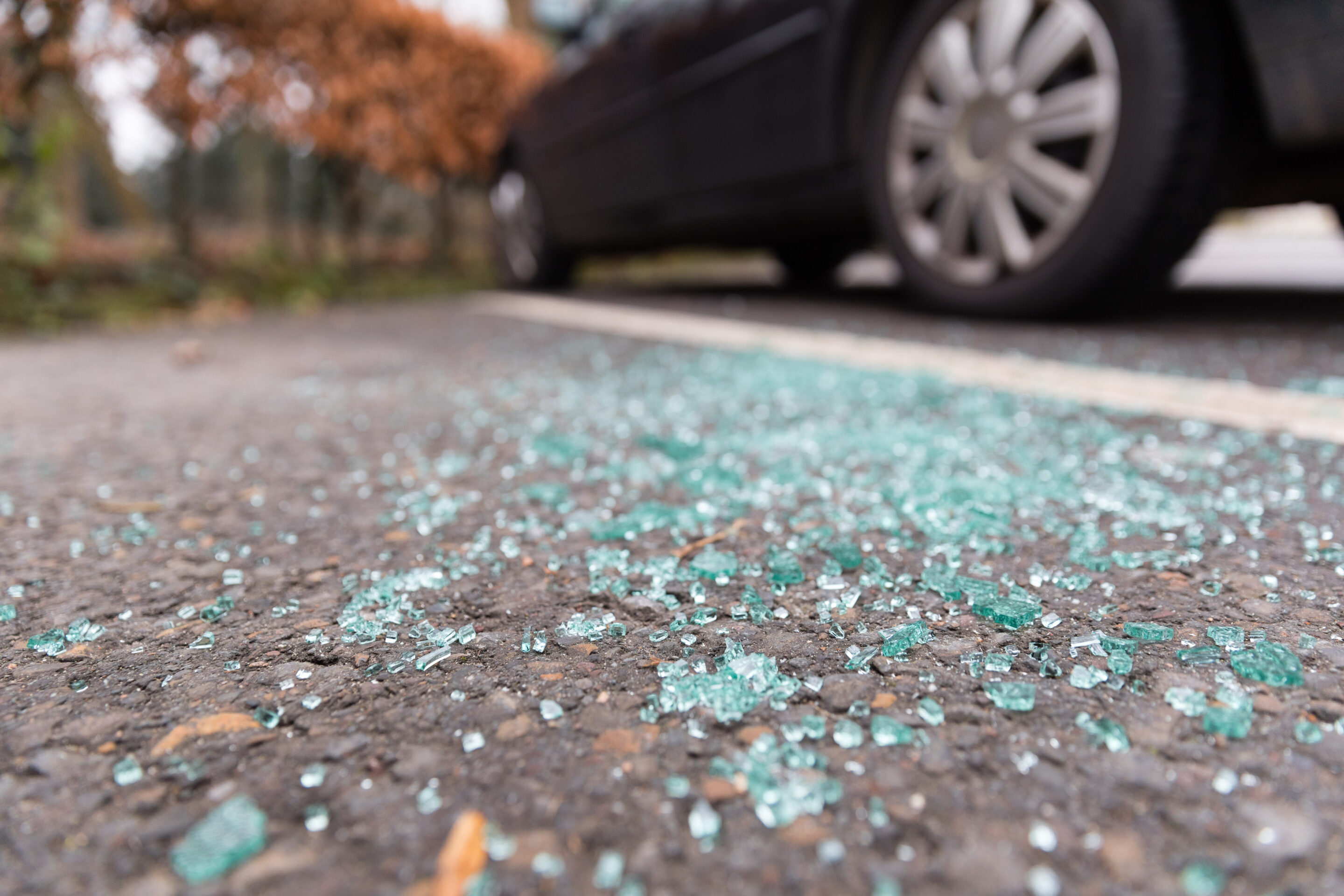Prospective car buyers are no different than the drivers we encounter daily on the road: some are skilled, and some are not so skilled. Add to that the prospective buyer’s unfamiliarity with the vehicle they are test-driving, nervousness of having a salesperson in the passenger seat, and the distraction that comes with evaluating the car and not the road, and the potential for accidents often increases.
So, who is liable when that seemingly safe prospective buyer causes an accident with another driver? Common sense dictates that the buyer caused the accident and therefore they should be solely responsible for any resultant damages, right? Not necessarily. The answer to this question varies depending on the laws of the state in which the dealership operates.
While a 50-state survey is beyond the scope of this article, the majority of states follow the general rule that a dealer is not liable for a test-driver’s negligence if the test-driver is unaccompanied by a dealer representative or salesperson. However, under the legal theory of negligent entrustment, liability will be imposed on the dealer if it knew or should have known the prospective buyer was an incompetent, careless, or reckless driver when it allowed the buyer on a test-drive (for example, the test-driver is visibly intoxicated). With that said, a dealer is not obligated to investigate the test-driver’s competence.
The majority rule changes, however, once a salesperson joins the test drive. In that circumstance, the majority rule provides that a dealership is generally liable for the prospective buyer’s negligence on either (1) an agency theory where the buyer is held to be the dealership’s agent or (2) where the test-drive is seen as a joint venture or common purpose between the buyer and the dealership.
The majority rule is predicated on the dealer’s right to control the operation of the vehicle (e.g., through the presence of the salesperson), even during the test drive. For example, in three such cases out of Washington, Virginia, and Ohio, courts held that the dealer/owner, by virtue of being present for the test-drive, had the right to direct the prospective buyer how and where to drive the vehicle, and at any time could have taken the vehicle from the prospective buyer. Similarly, Colorado courts have ruled that the dealer and prospective buyer share a common purpose in conducting the test drive, regardless of their differing financial positions (i.e., the dealer wants to be paid more for the car, the buyer wants to pay less). The majority rule has also been applied in Indiana.
By contrast, the Louisiana Supreme Court has ardently applied the minority rule when a salesperson is present for a test-drive, holding that it is unrealistic in the present day use of motor vehicles to conclude that a passenger has any control or right of control over the driving of the operator. Courts in Pennsylvania have ruled similarly.
- Obtain adequate liability insurance coverage and ensure through your agent or broker that the policy covers test-drives. Have them show you the language in the policy to prove coverage to you. Make sure your limits will cover a high damages case such as death or catastrophic injury.
- Understand that if your policy is to have salespeople accompany prospective buyers on test-drives (which is a debatable business decision), that you might be subjecting the dealership to liability. But, that’s why you have insurance.
- Maintain a written policy concerning test drives. Such a policy could include:
- Salesperson is to verify the prospective buyer has a current driver’s license. Take a photocopy and keep it. And actually give the written policy to the salespeople during orientation and instruct them to follow it.
- Salesperson is to do a visual assessment of competence of the prospective buyer – does the buyer appear intoxicated or drowsy from medication? Maybe a test drive isn’t so wise.
- Salesperson is to accompany prospective buyer on all test drives.
- Test drives shall be taken in an area familiar to the salesperson.
- Salesperson is to verify current auto insurance (practically, this would be difficult to enforce and would likely deter many buyers).
- There are other more drastic measures that are less practical, such as limiting the test drive to the dealer’s property and having the prospective buyer sign an agreement whereby the buyer agrees to indemnify the dealership for any damages the buyer causes to a third party.
In addition to following best practices, keep in mind that a test-driver who negligently causes an accident with a third party will nearly always be liable. And, if the test-driver is insured, that policy will likely be primary (meaning it must be exhausted before the dealership’s policy is triggered). However, in situations where the test-driver is uninsured or underinsured, or the accident results in death or catastrophic injury, the injured third party will almost certainly turn to the dealership (and often the salesperson) for compensation.
Finally, remember that dealership liability for test-drive accidents has not been examined by the courts in all states. If you don’t know your state’s laws, consult an attorney. And if you don’t want to do that, you can’t go wrong by having a robust insurance policy. Stay safe and protected.
Disclaimer: This article is not intended to provide legal advice and does not establish an attorney-client relationship. Always consult an attorney for legal advice for your particular situation under the laws of your state.








